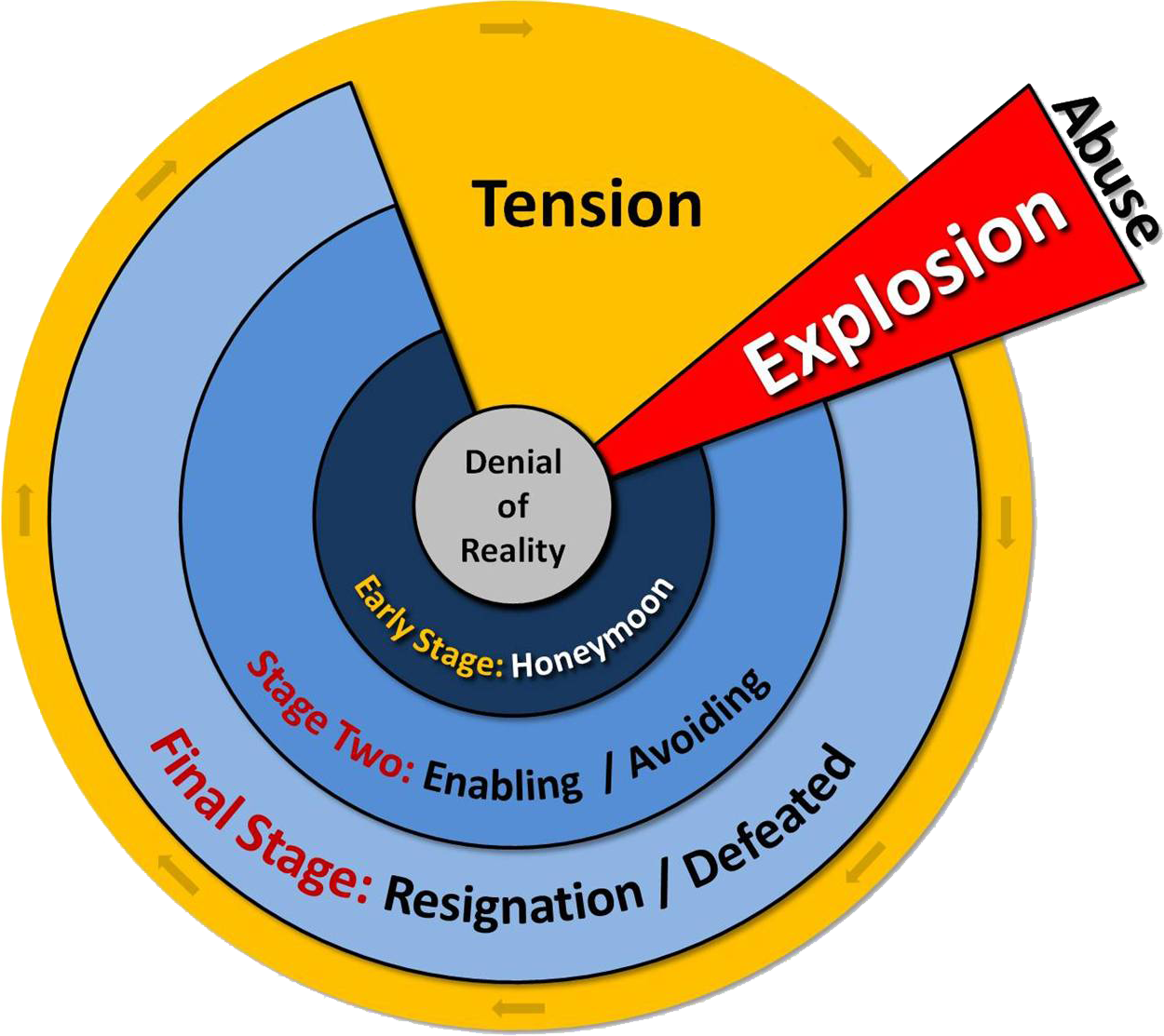Unhealthy relationships topic of meeting


Same-sex couples experience domestic abuse at about the same rate as hetereosexual couples, said Jonathan Roberts, of Be The Change Inc.
Be The Change is a non-profit service organization based in Oklahoma City, according to its website.
Roberts spoke on the topic “Relationships 101: Healthy vs. Unhealthy Relationships” on campus Oct. 29, focusing specifically on same-sex couples.
“There are one in four to one in three same-sex relationships that have experienced some sort of domestic violence or abuse,” Roberts said.
People often believe that domestic violence is only categorized as physical abuse, when in fact the abuse can be emotional, mental or economic, Roberts said.
Most Americans growing up are taught that domestic violence only refers to physical abuse by a significant other. That is why most cases go unreported, Roberts said.
“Some people say ‘Oh its just the way he/she is’ or ‘he/she is always like this, they’ve done this before,’” Roberts said.
Being a gay man, Roberts said, he fears the same-sex community is categorized as “people just beating up on each other.”
He disavows this label of being an abusive community in society.
Even though there are abusive relationships among same-sex couples, just as with heterosexuals, there are still plenty of good and healthy relationships in the gay and lesbian community.
Getting help can be a problem for anyone in an abusive situation.
“There are a lot of cases that go unreported due to the fear of consequences,” said Kris Williams, also from Be The Change Inc.
There are several similarities in patterns of abuse between same-sex couples and straight couples.
“It’s the same cycle of physical, psychological, and emotional mistreatment,” Roberts said.
Many abusers often have mental illness or experiences as a child or adult that could be the cause of them being violent, Roberts said.
After growing up, people are going to treat others just as they were treated as a child or during the learning process of their life. That ties back to psychological abuse of a victim in a dispute.
“Blackmail is the most common threat,” Roberts said. He gave the example of an abuser saying, “You better not say anything or I’m going to hurt your family.”
Another is the threat of being exposed, such as “If you say anything I’m going to tell everyone you are gay.”
Survivors of violence and abuse can receive the help they need by reaching out to resources in the community.
For help or more information, contact the Oklahoma Coalition Against Domestic Violence & Sexual Assault by phone by calling 405-524-0700. The website is www.ocadvsa.org.